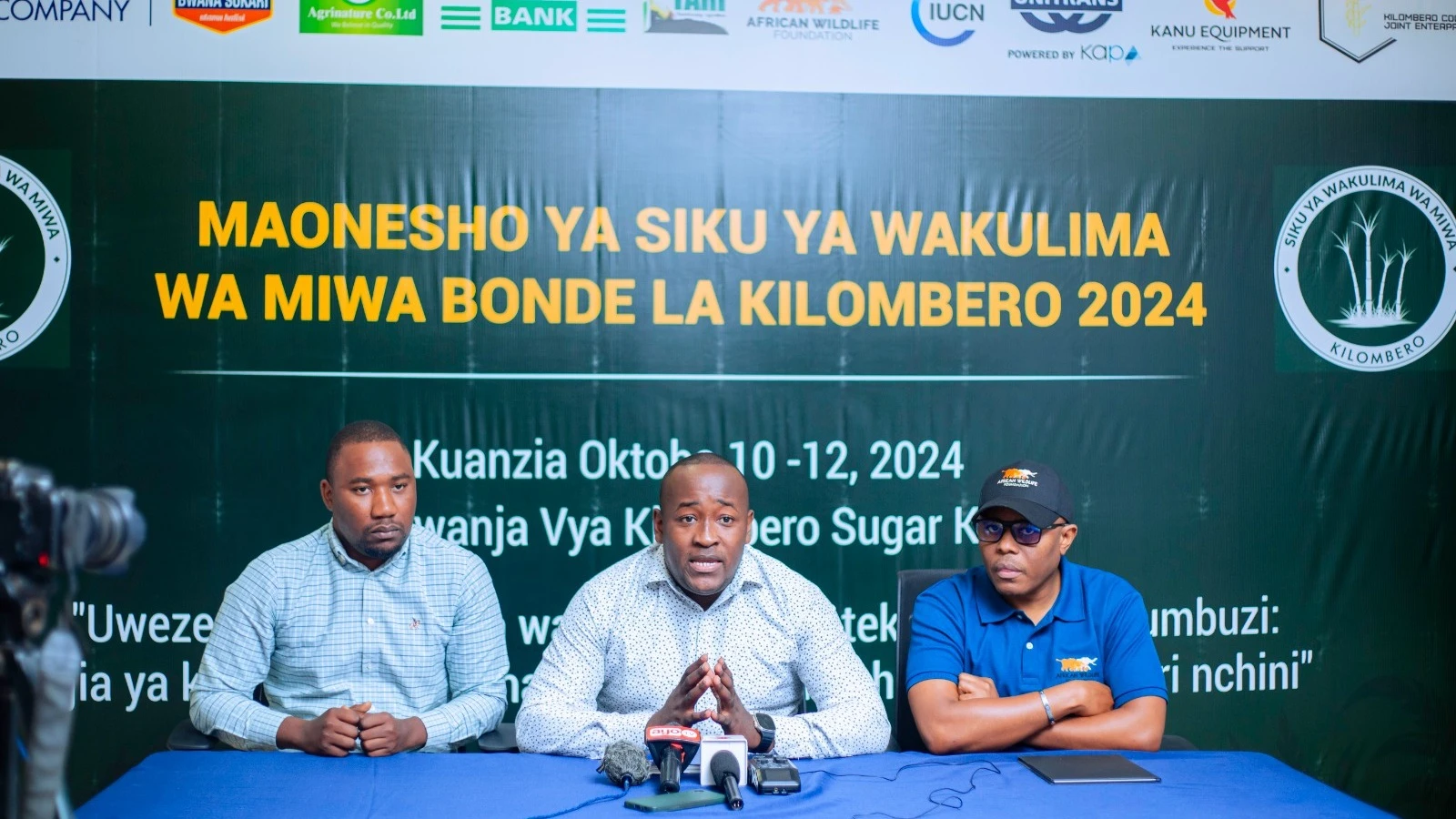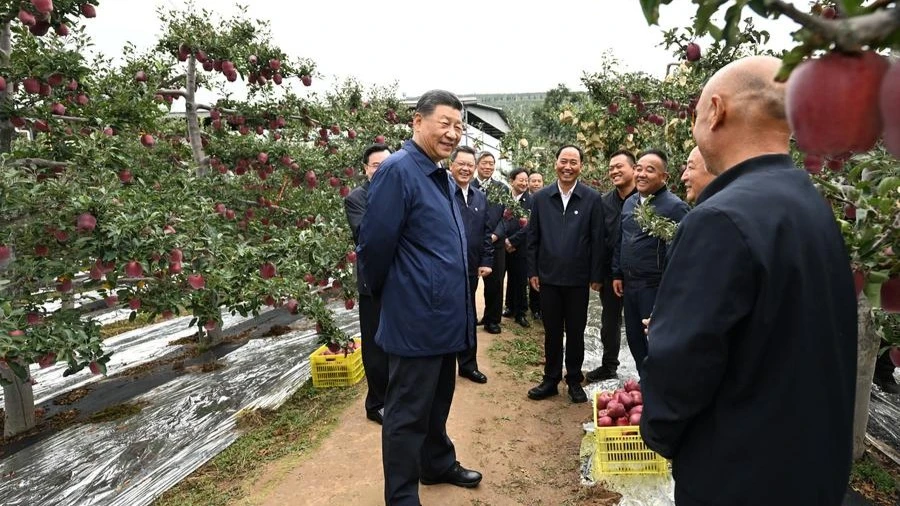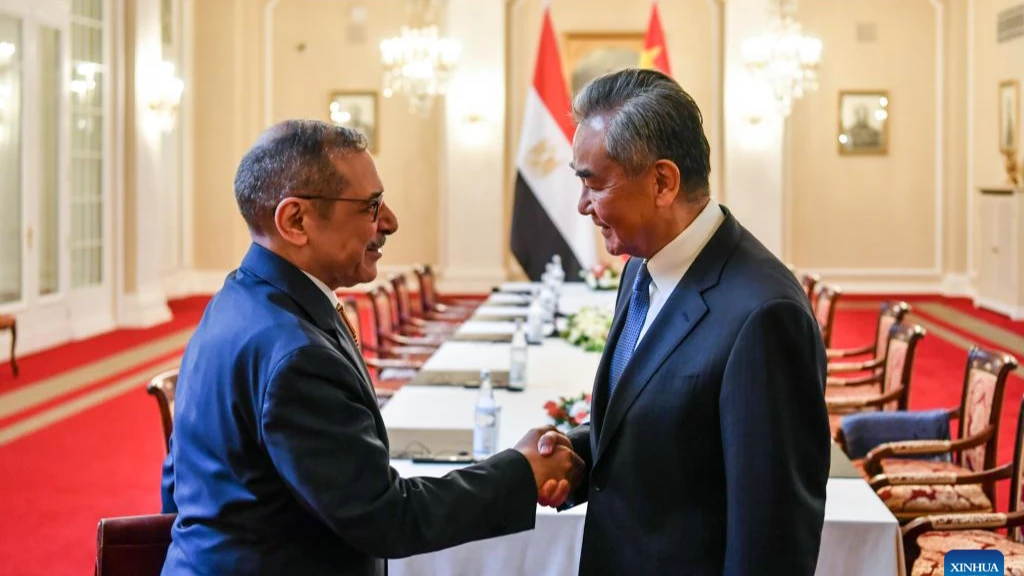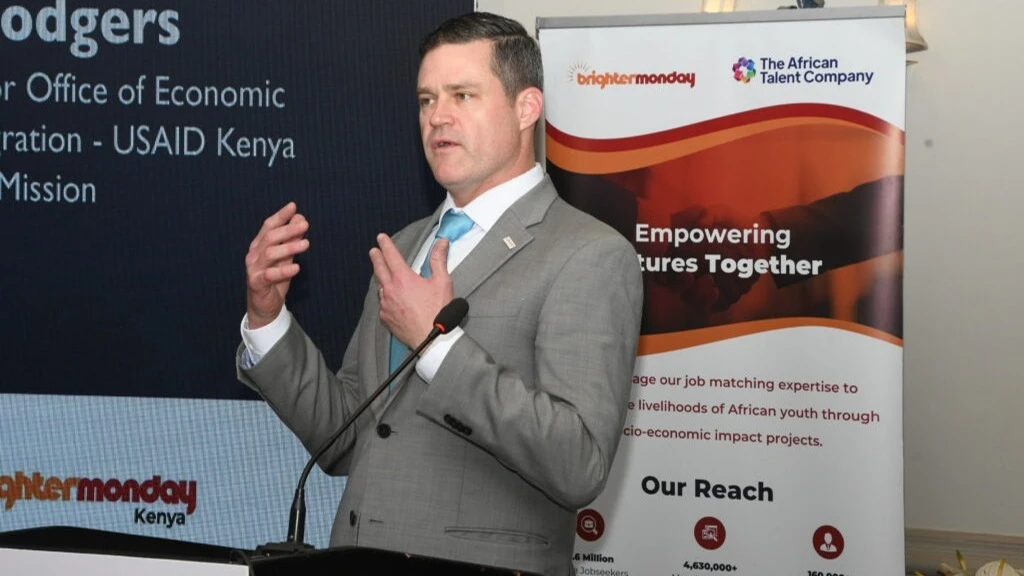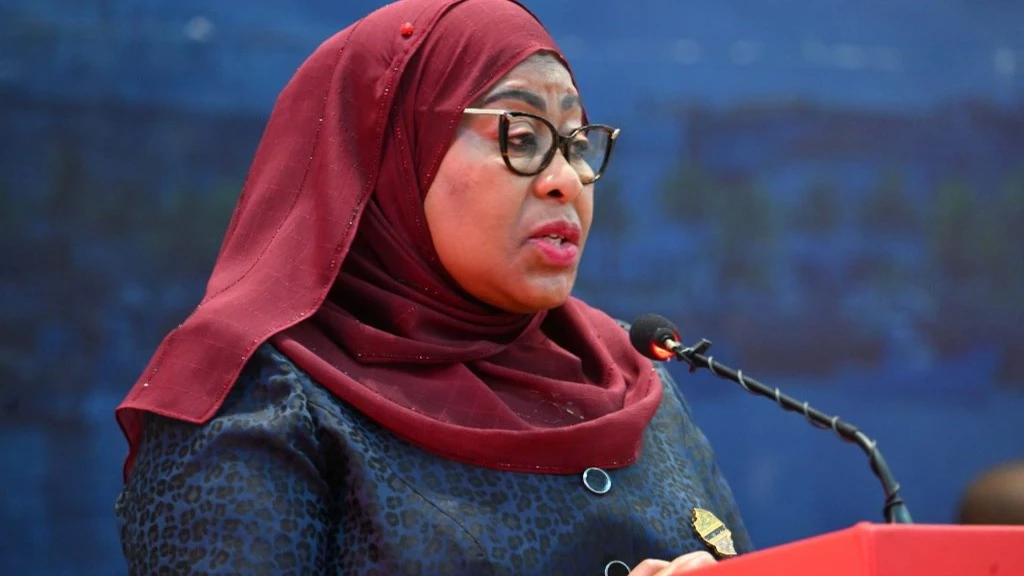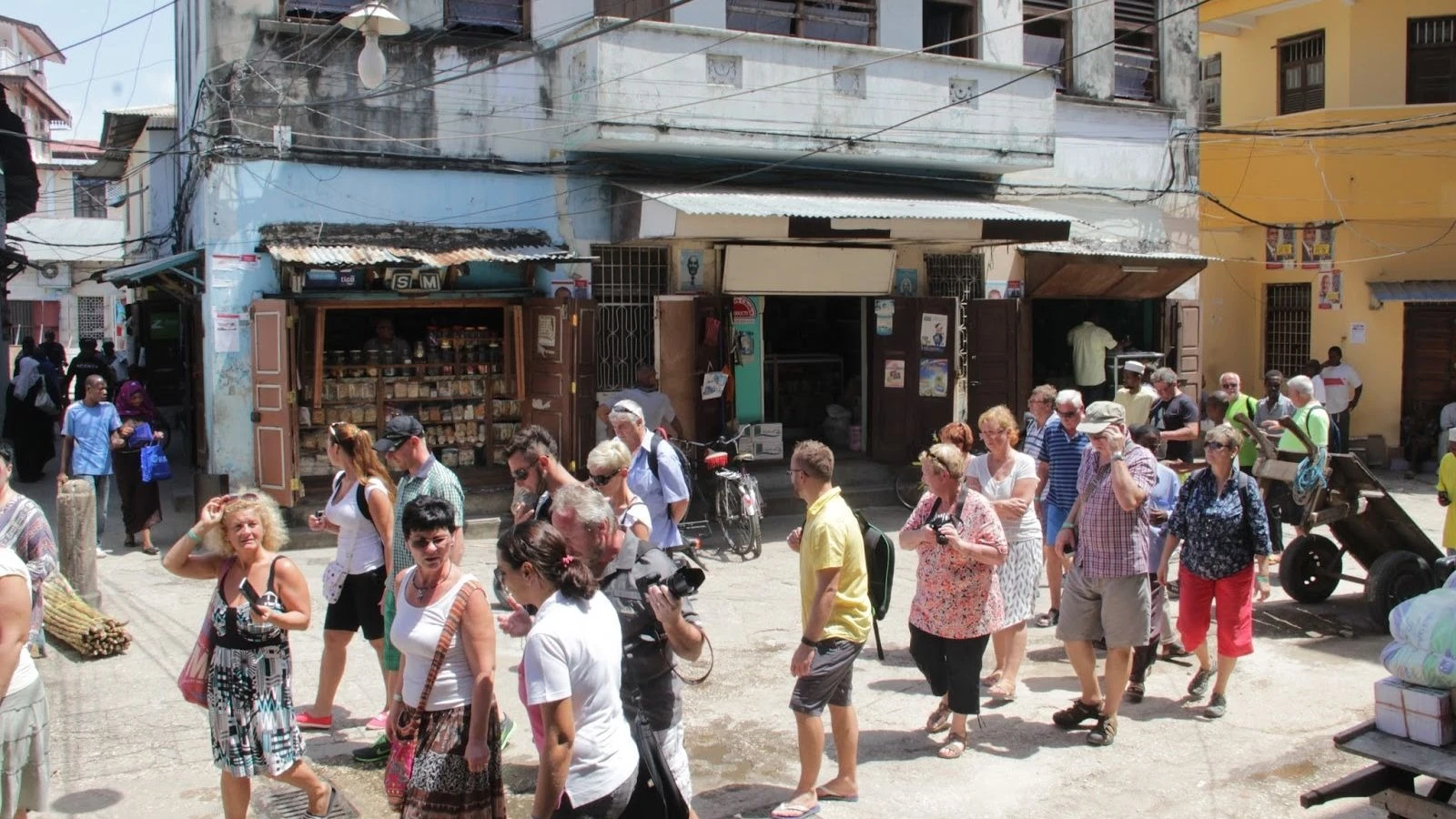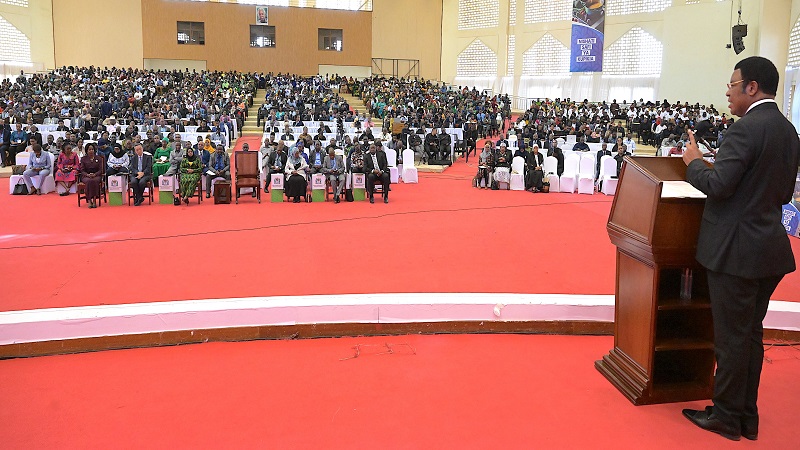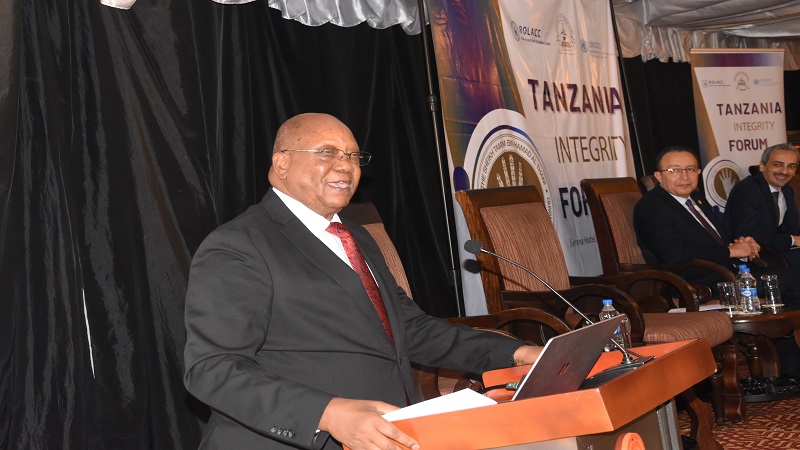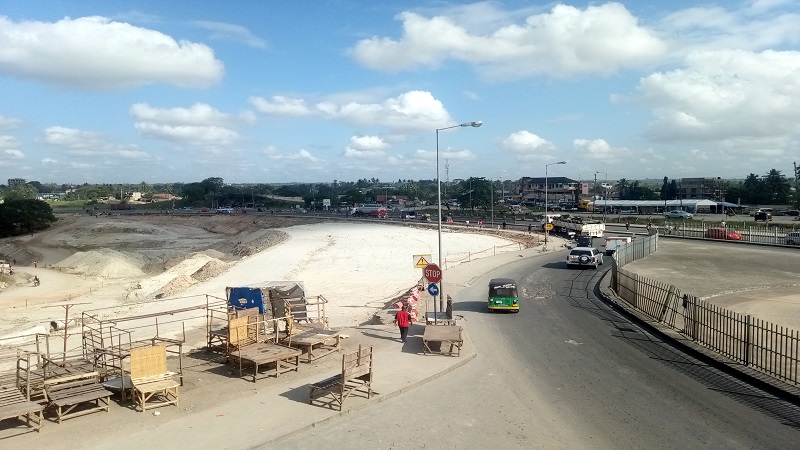Z’bar seeks EU uplift for seaweed farmers

ZANZIBAR intends to place greater emphasis on the seaweed sub-sector to produce quality products to ensure that market outlets are secure and expanding.
President Dr Hussein Ali Mwinyi expressed this objective in a meeting with the European Union (EU) ambassador Christine Grau who paid a courtesy call to the president at the State House.
As the vast majority of seaweed farmers in Zanzibar are women, the EU could initiate a scheme to support the women as an aspect of uplifting seaweed farming in the country, by training and delivering better equipment to attain higher quality levels in line with market standards.
He cited the blue economy as the main policy orientation for the economy, in addition to other development and investment areas such as tourism, asking the envoy to explore opportunities in the blue economy sphere.
He praised the EU for its legacy of cooperation with Tanzania in sectors like education, water, health and infrastructure, whereas the envoy expressed satisfaction with the efforts of the Zanzibar Revolutionary Government in pursuing community engagement activities.
This is being conducted through local governments and civil society organizations (NGOs) on matters touching social welfare in both Unguja and Pemba, she stated, pointing at the Green City project.
This initiative has a component of supporting gender uplift projects, like empowering women in education, in the economy, like their participation in fishing and widening the extent of their financial inclusion and management capacity, she said.
Since 1990, Zanzibar has increasingly become a primary seaweed producer in Africa, usually conducted in small-scale patches of land within inter-tidal zones in areas marked out for marine conservation like outlying areas of mangrove forests and coral reefs.
Officials say that up to 88 percent of seaweed farmers are women, making this an important activity to elevate their incomes, social status and a higher role in the community.
New approaches to aquaculture and marine conservation have emerged only recently based on concrete projects since 2014. Zanzibar serves as the first attempt to test the level of adherence of seaweed farming with the global standard for nature-based solutions advocated by the International Union for Conservation of Nature (IUCN).
Top Headlines
© 2024 IPPMEDIA.COM. ALL RIGHTS RESERVED








